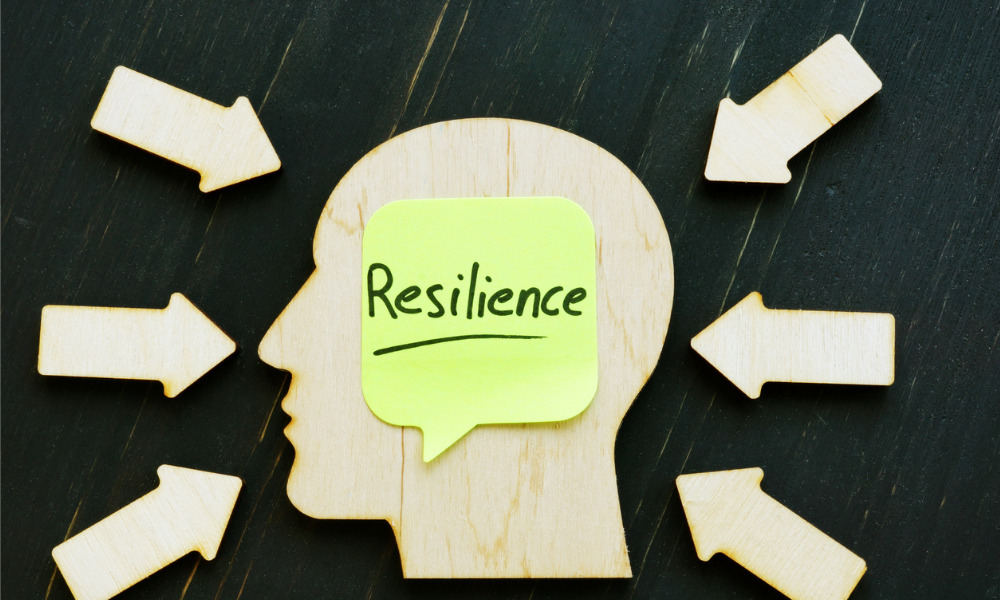
Natalie Baumgartner, Chief Workforce Scientist at Achievers, explains how teams can adapt during the ‘new normal’ of the pandemic

Even before the COVID-19 pandemic, change was the new normal.
While it is especially relevant now, Natalie Baumgartner, Chief Workforce Scientist at Achievers, has been talking about organisational resilience for years.
“Resilience describes the ability of an organisation to anticipate, prepare for, respond and adapt to both incremental change and sudden disruptions in order to both survive and prosper,” she told HRD.
For Baumgartner, resilient organisations are like putty: “stretched, pulled and twisted, yet still hold their shape”.
The main way they achieve that sort of resiliency is through engaged and aligned employees.
“While every individual and organisation has different starting points, resilience is something that can be taught and learned,” she said.
“If HR leaders can help their employees become more resilient, they’ll have a hardier, more productive, more engaged workforce, even during challenging times.”
Indeed, Baumgartner will be speaking at an upcoming webinar Navigate COVID-19 with resilience and connection.
So if Baumgartner could offer some advice on how teams can adapt and even thrive during the ‘new normal’ of the pandemic, what would it be?
“The good news is resilience can be taught,” she said. “Every individual and every organisation has the ability to learn better resilience through specific practices and processes.”
For example, Baumgartner said transparent communication is an important organisational tool to help build resilience because it reduces uncertainty, which is one of the biggest threats to employee engagement.
Moreover, two-way communication is critical. Baumgartner said you have to be able to listen to your employees in real or near-real time, and respond quickly and appropriately.
“This has traditionally been a big challenge for HR, where gathering information can take weeks or months, let alone the time required to assess, analyse, and respond to data.”
The Achievers webinar will take place on Friday April 24 at 11am AEST. To register, click here.